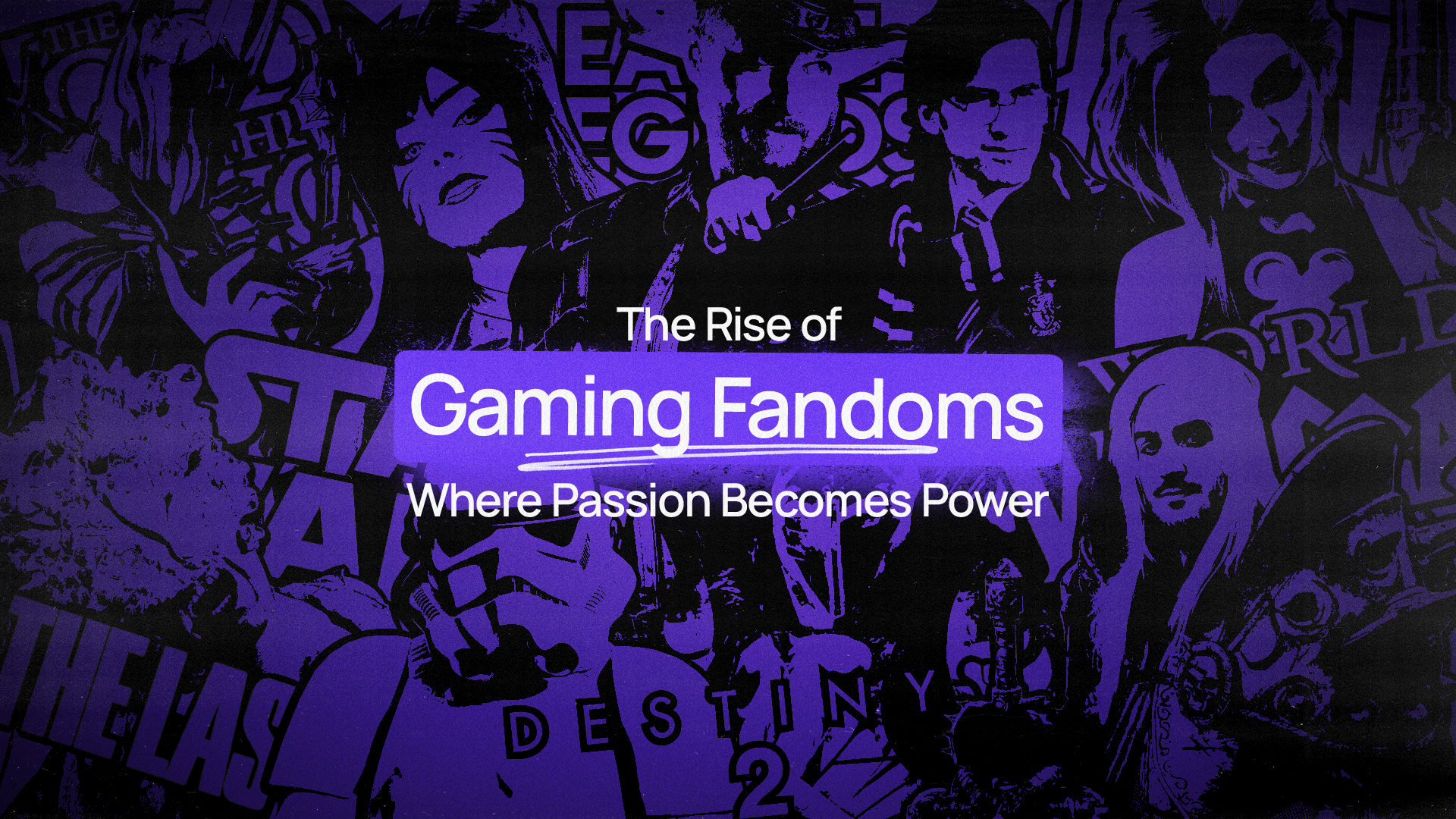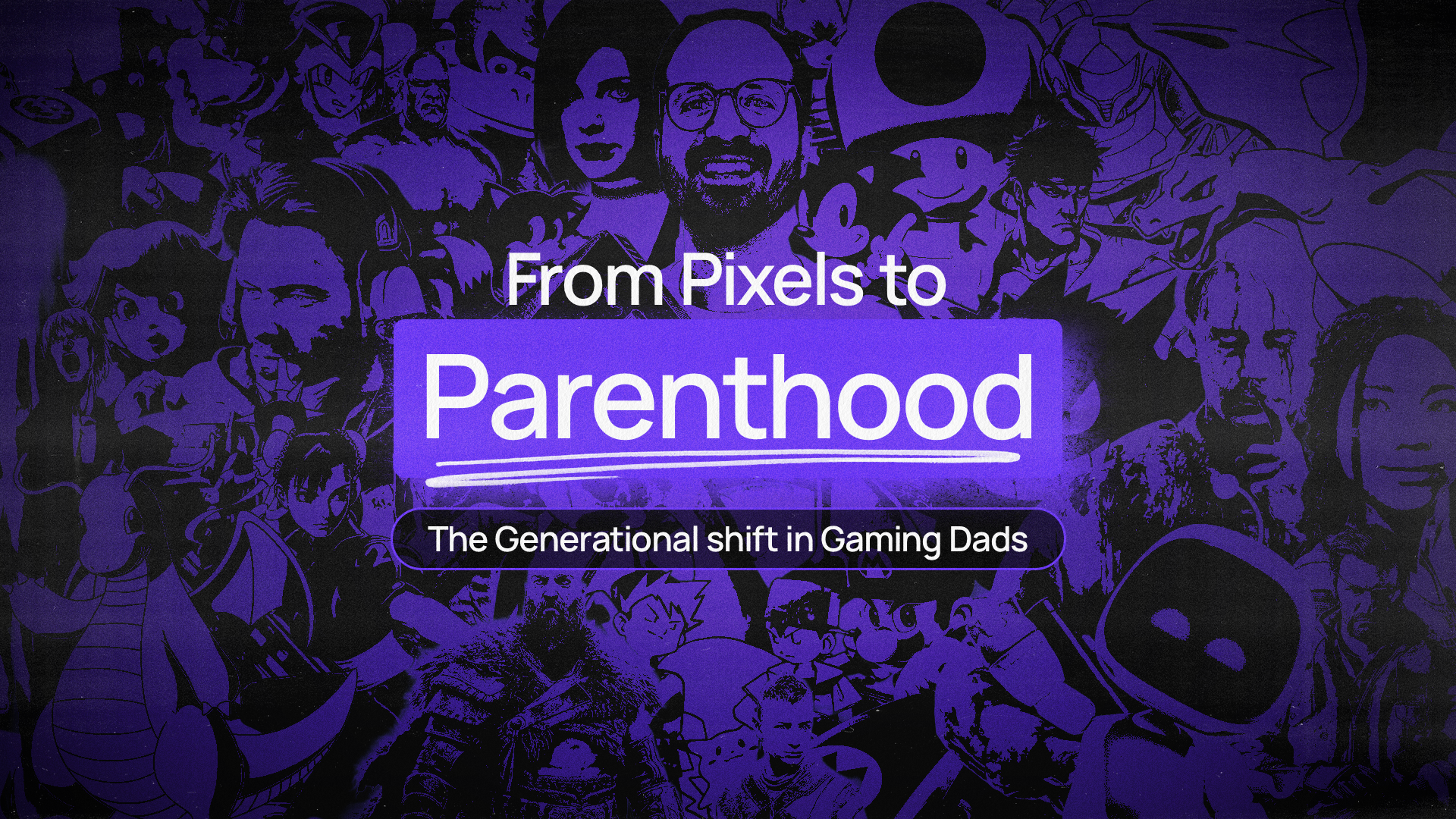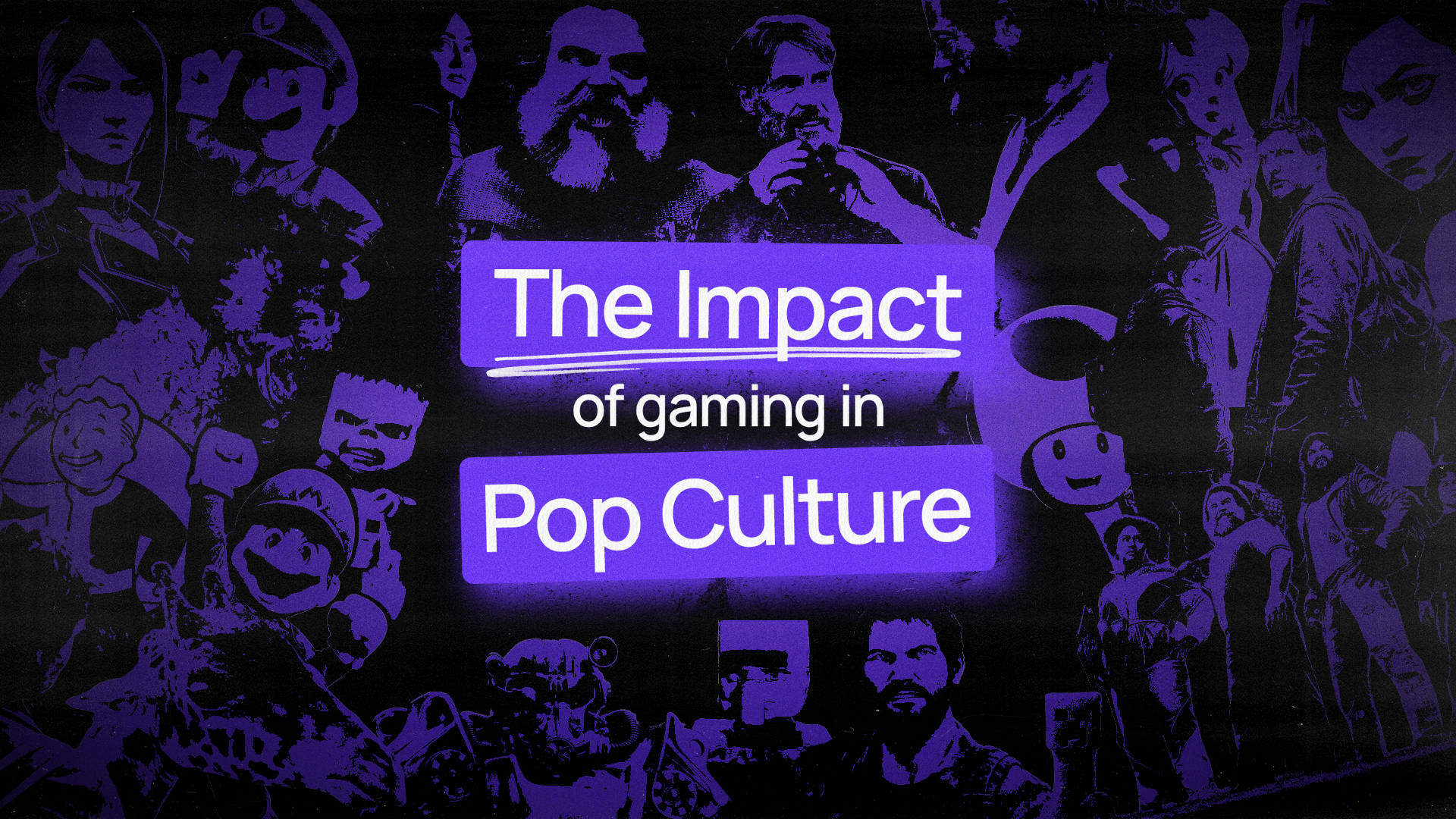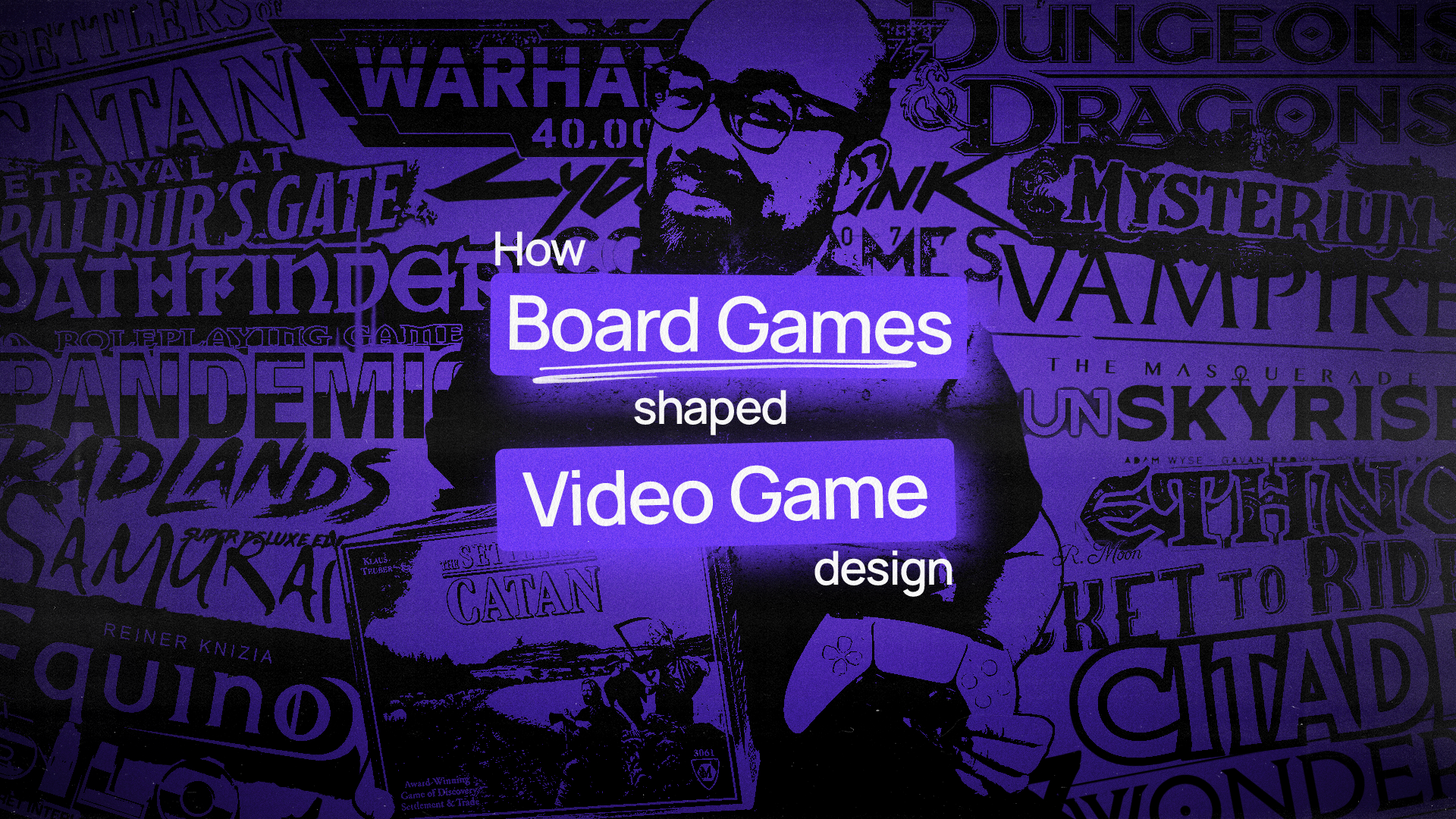Ideas
10 Minute Read
The Rise of Gaming Fandoms: Where Passion Becomes Power

There’s something kind of magical about becoming truly invested in a world you’ll never actually live in. Whether it’s sobbing over Joel and Ellie, arguing about who’s the best League of Legends champ (Warwick, obviously), or the Destiny 2 player base assembling like a digital Illuminati to solve an in-game puzzle at 3am, fandoms - the passionate communities that form around the things we love - have evolved into one of the internet’s most powerful cultural forces.
And, nowadays, gaming is at the heart of it. Heck, in 2024 alone, Twitch viewers watched over 15.6 billion hours of gaming content.
But it wasn’t always like this…
From forums to fandom powerhouses
Before Twitch streams had millions glued to their screens and Esports stadiums sold out faster than music concerts, gaming fandoms would bubble quietly away in the corner of internet forums, LAN parties, and maybe the odd dusty comic shop. If you loved something - Harry Potter, Lord of the Rings, Star Wars - you shouted into the void of the internet and hoped that someone shouted back. Or created a really cool MySpace fanpage, just like I did. (Reality check: it wasn’t that cool. But I loved it nonetheless.)
It was slower, scrappier, less accessible. Kind of beautiful?
But today, fandom is a totally different beast. It’s fast, it’s global, it’s layered. You don’t just talk about your favourite game… You live it. You mod it. You cosplay it. You stream it. You meme the hell out of it.
And nowhere has the fandom transformation been more powerful than in our beloved world of gaming.
Gaming’s secret weapon: immersion and identity
There was a time when gaming was the nerdy hobby, holding a stereotype of being favoured by those locked away in their bedrooms, hunched over a controller, not wanting to talk to anyone.
But then something shifted and gaming went mainstream.
Maybe it was tech kids growing up, maybe it was the increasing popularity of mobile gaming, maybe it was iconic characters like Mario and Lara Croft becoming cultural legends. Or perhaps it was the fact that people started to realise that games offer something movies, TV and books can’t: interaction and immersion.
You see, when you’re gaming, you don’t just watch a hero save the world. You are the hero. You make those gut-wrenching decisions. You fail. You restart. You rage quit. You figure it out. It’s a whole new level of emotional investment, and video game fandoms exploded because of it.
-
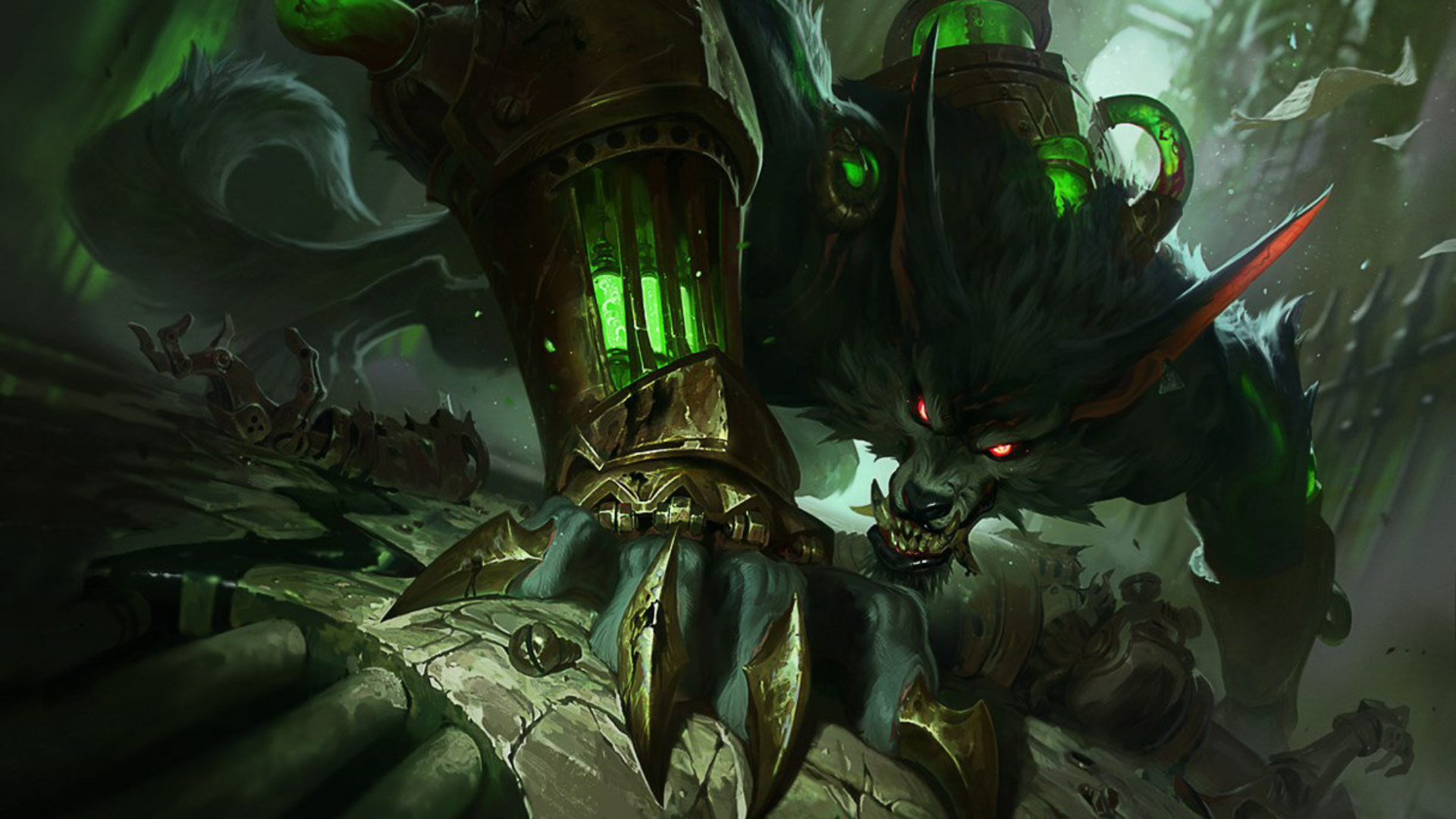
Warwick - my ride-or-die champ
-
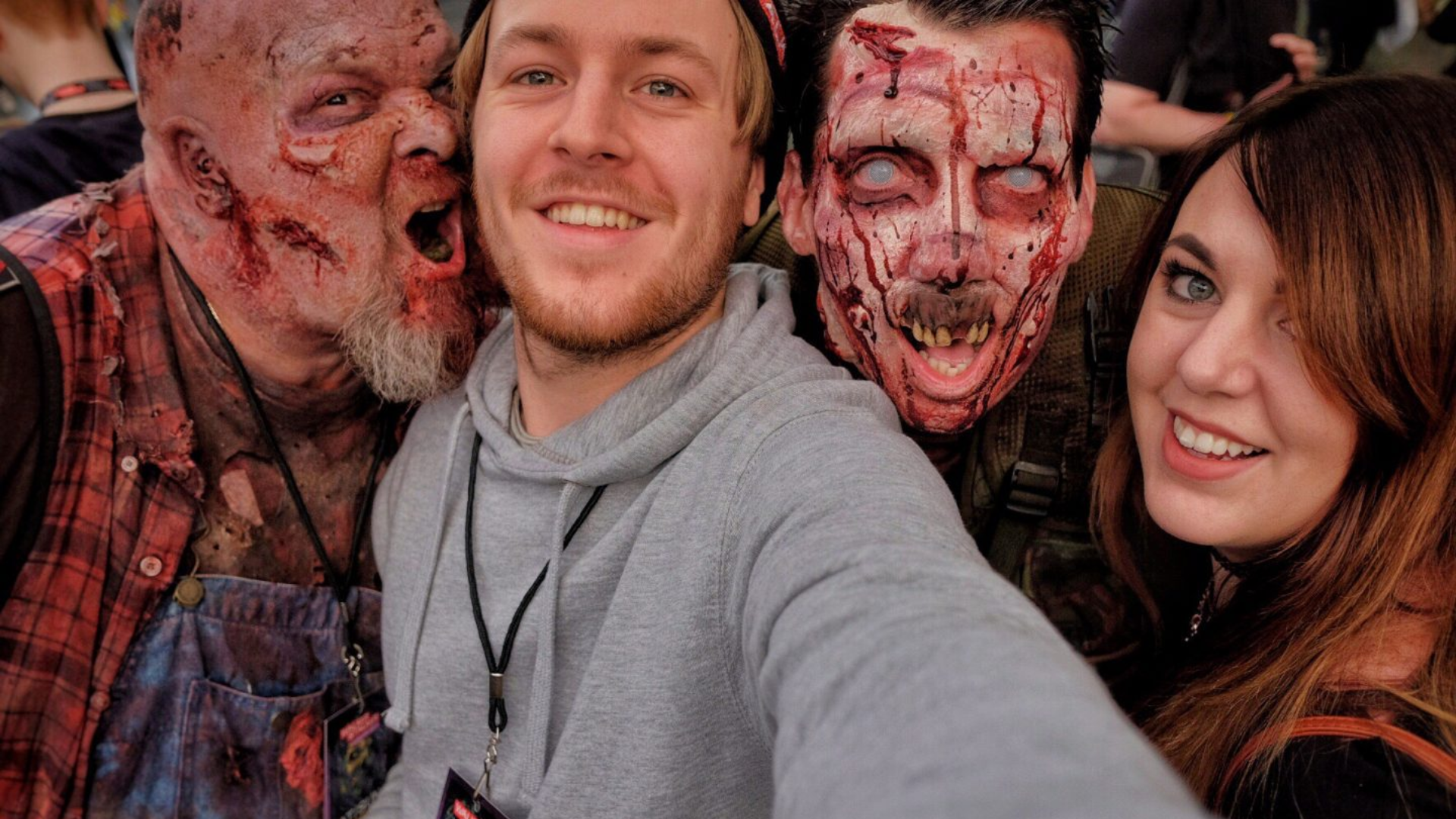
Cosplay and conventions - they're becoming mainstream!
When original IPs create iconic communities
Sure, plenty of legacy franchises like Marvel, Star Wars, and Lord of the Rings found fresh blood through games. And why wouldn’t they? That tug of nostalgia. The fantasy of actually living in your favourite worlds. It’s enough to make any OG fan play the games.
But gaming’s biggest cultural flex? The massive fandoms born entirely from original IPs - not film or book spin-offs.
Take Fortnite, for example. A global playground filled with pop culture drops, celebrity appearances, and questionable dance moves my stepson can’t resist doing around the house. Oh, and 450 million registered users.
The Last of Us? A cultural phenomenon that redefined survival horror, put character storytelling front and centre, and had people sobbing before the game even began. Then had them sobbing again when it hit TV screens.
And, of course, League of Legends. My personal ride-or-die. A game so big it launched an entire Emmy-winning Netflix show, a K-pop group, books, card games, clothing collabs, and an endless amount of merchandise I have personally spent way too much money on.
These fandoms don’t just exist inside the games anymore. They spill out into TikTok edits, Reddit threads, Discord servers, merch drops, and every comic con floor. Fans create skins, mods, fan art, costumes, and entire new stories.
And I flippin’ love all of it.
Why gaming fandoms matter more than ever
Let’s be honest - there’s always going to come a time when the marketing buzz will fade. Even the most hyped game will, one day, drop out of the trending tab. But fandoms? They stick around.
Video game fandoms are what keep games alive long after launch day. They're the ones building lore theories years after the credits roll, adding Shrek to Skyrim for reasons no one asked for but everyone enjoys, and organising elaborate community events with zero budget and infinite passion. If a game has a fandom, it has a lifespan.
And they don’t just keep the flame alive. They can ignite a full-blown cultural firestorm too. Fandoms can launch a game to cult status, or drag it through the dirt if they feel ignored, misled, or misunderstood. Two extremes, one same cause: emotional investment. You can only be this furious if you care that much.
As if that’s not enough, they’re also the industry’s unofficial QA, PR, and R&D departments when you really think about it. Hyping features before the devs even announce them. Spotting bugs that need fixing. Demanding better writing. Sometimes with love. Sometimes with pitchforks. But you gotta take the good with the bad sometimes, eh?
You don’t just market to a fandom. You co-exist with it. And if you’re smart, you listen.
-
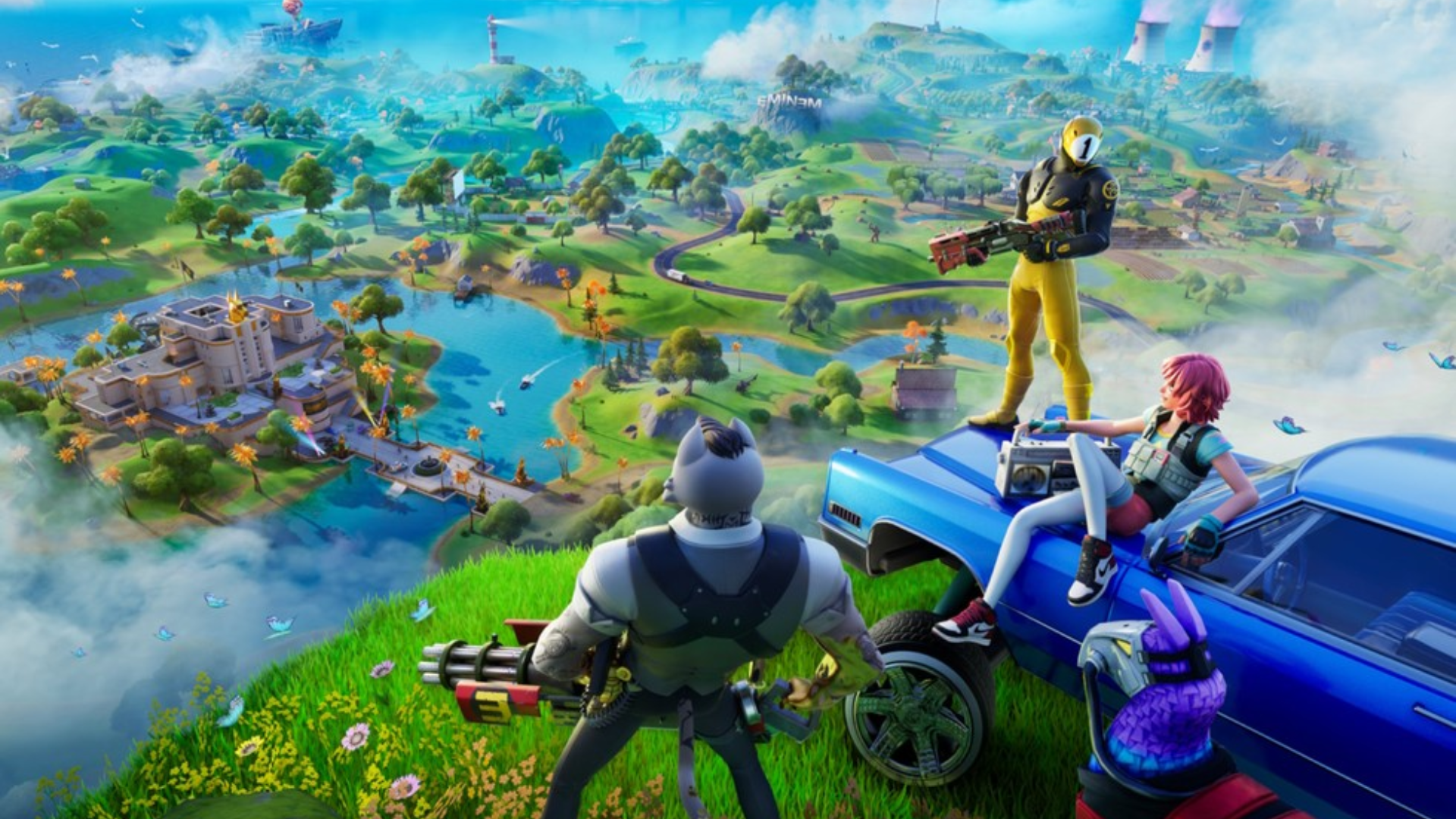
Fortnite - a game with 450 million registered users
-
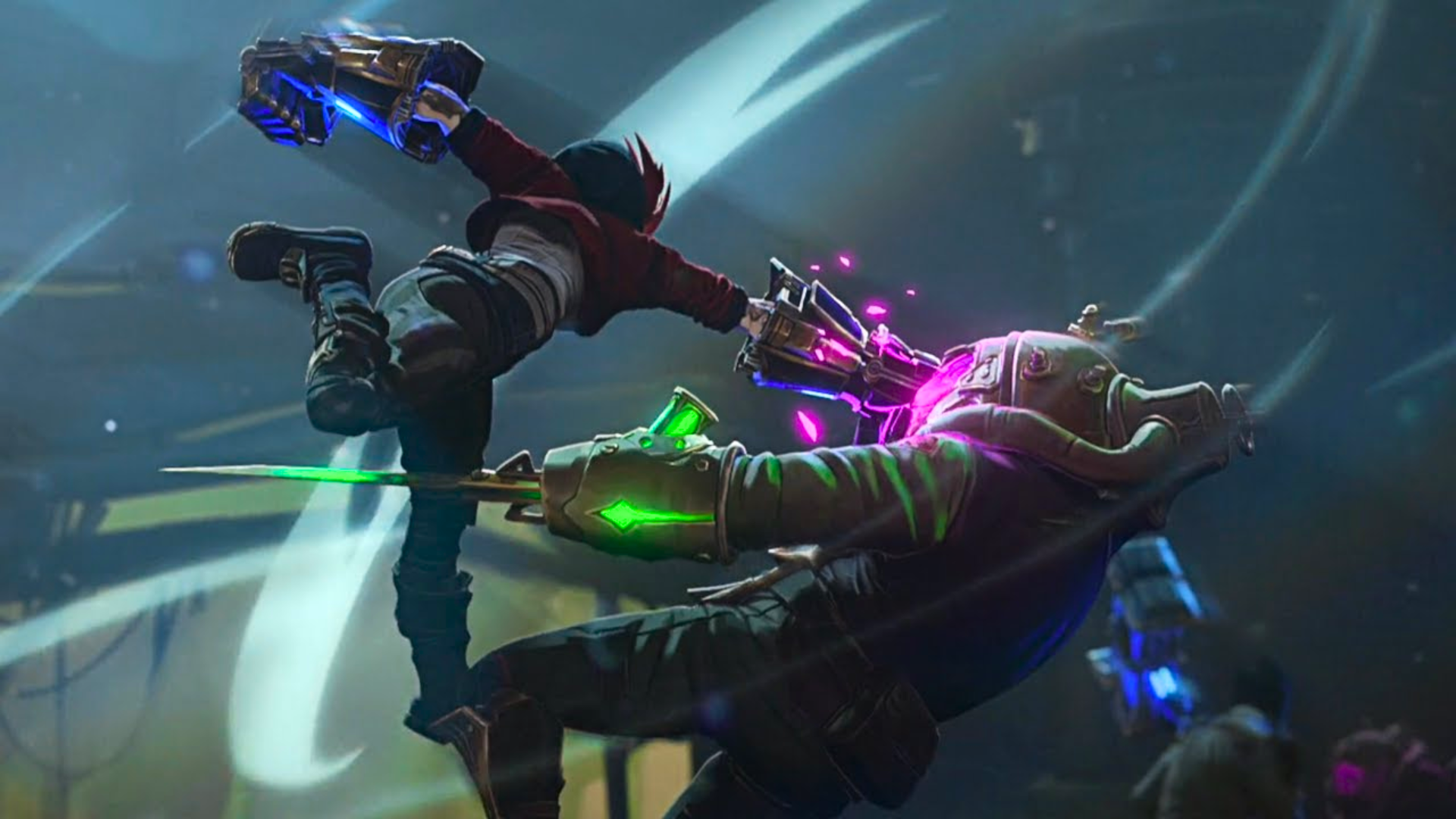
League of Legends - a game so big it launched an Emmy-winning show
Long live the fandoms
Yes, they can be chaotic. Yes, they can be exhausting. But fandoms are also joyful, wildly inventive, and deeply human. They turn games from software into culture. Shared worlds where people find connection, creativity, and the occasional soulmate in a ranked queue. (Yes, I met my boyfriend in a game of League of Legends…)
So here’s to the fan artists, the lore nerds, the cosplayers, the community managers holding the fort, and the players who still care way too much, even years after a game’s release. Without them, gaming would just be a series of launches and updates.
With them? Gaming becomes a living, breathing culture I’m proud to be part of. Long live the fandoms, the heartbeat of gaming’s future.
